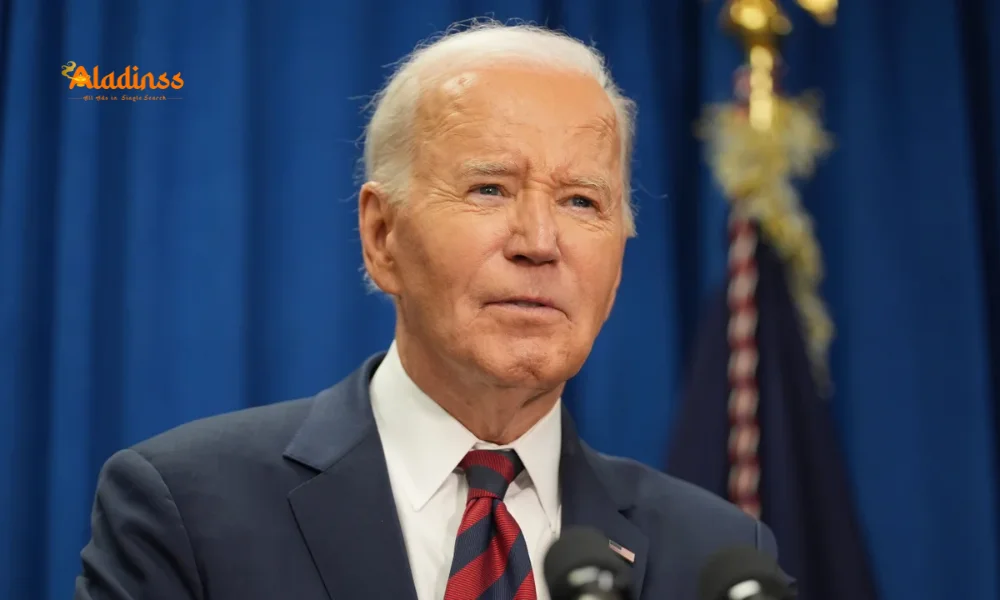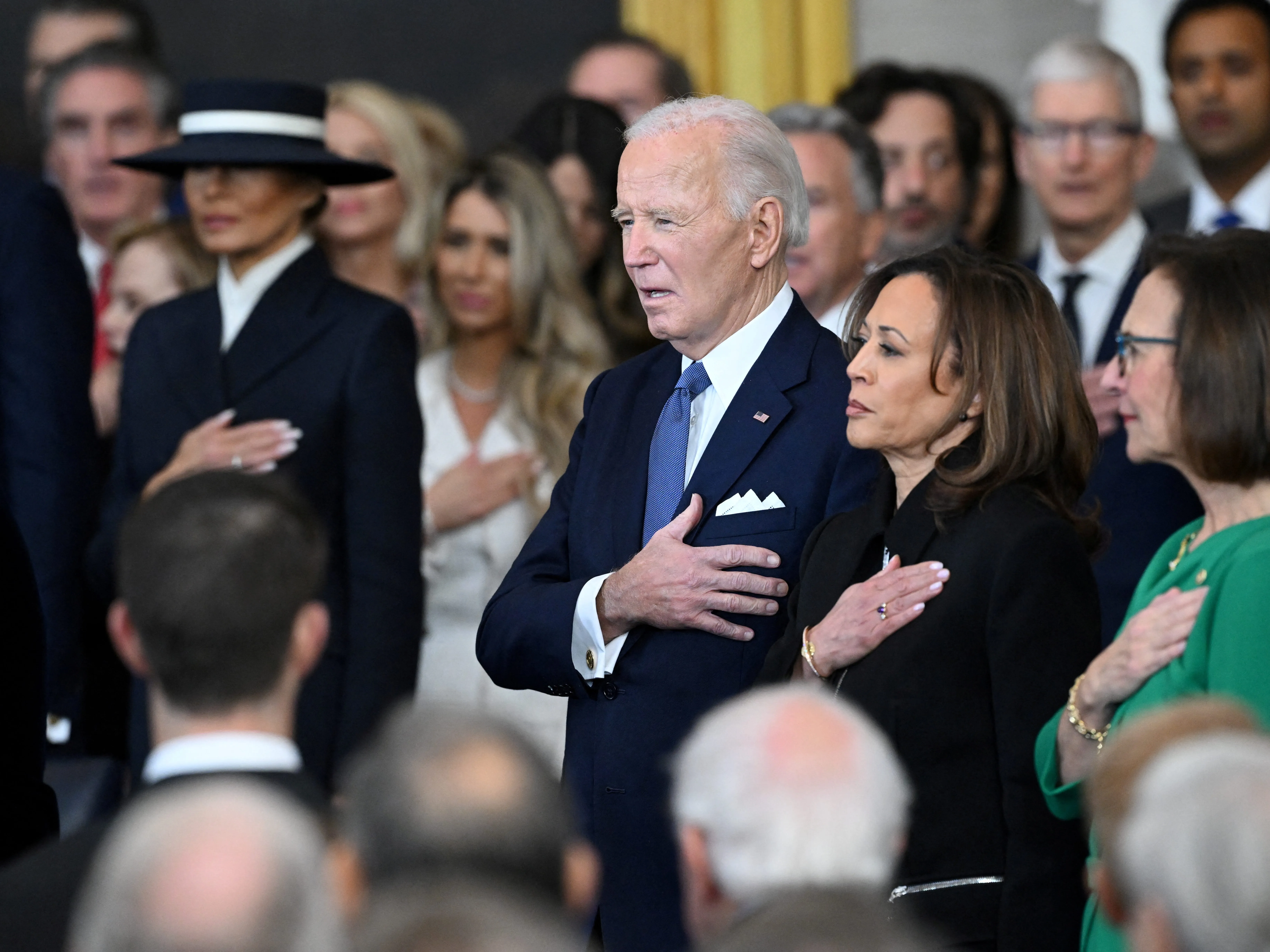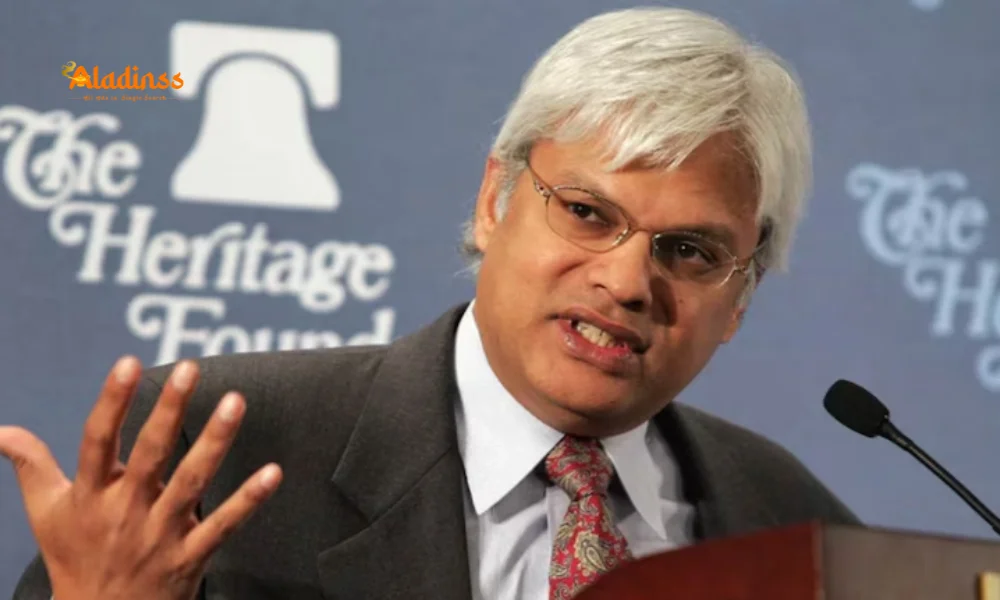Biden, Clinton Praise Trump on Gaza Peace Deal

Biden and Clinton Praise Trump for Brokering Gaza Ceasefire and Hostage Release Deal

In an extraordinary display of cross-party unity, former US Presidents Joe Biden and Bill Clinton have publicly commended President Donald Trump for his pivotal role in securing the Gaza ceasefire and hostage release agreement. Signed on October 13, 2025, in Sharm El-Sheikh, Egypt, the deal marks a historic breakthrough, culminating in the liberation of the last 20 living Israeli hostages held by Hamas and the release of nearly 2,000 Palestinian prisoners by Israel. This Gaza peace deal, mediated by the US, Qatar, Turkey, and Egypt, has ushered in a fragile truce after nearly two years of devastating conflict that claimed over 60,000 Palestinian lives and 1,200 Israeli fatalities since October 2023.
Biden, reflecting on the arduous negotiations, expressed profound relief in a statement on X, highlighting the relentless efforts of his administration to lay the groundwork for this moment. Clinton echoed the sentiment, crediting Trump's persistence alongside regional partners for sustaining momentum until the agreement was finalized. The bipartisan endorsements underscore a rare moment of consensus in US politics, even as the path forward demands sustained international commitment to transform the ceasefire into enduring stability for Israelis and Palestinians.
The agreement's first phase includes a six-week de-escalation, phased Israeli withdrawal from populated Gaza areas, and immediate humanitarian aid corridors. While hailed as a victory for diplomacy, it arrives amid skepticism from some quarters, with former President Barack Obama welcoming the truce but omitting mention of Trump's involvement.
Biden's Statement: Gratitude Amid the Hard Road to Peace
Former President Joe Biden's endorsement of the Gaza peace deal came swiftly on October 13, 2025, via a heartfelt X post that captured the emotional weight of the hostage releases. "I am deeply grateful and relieved that this day has come-for the last living 20 hostages who have been through unimaginable hell and are finally reunited with their families and loved ones, and for the civilians in Gaza who have experienced immeasurable loss and will finally get the chance to rebuild their lives," Biden wrote. He explicitly commended Trump, stating, "I commend President Trump and his team for their work to get a renewed ceasefire deal over the finish line."
Biden took care to acknowledge the foundational efforts of his own administration, noting that his team had "worked relentlessly to bring hostages home, get relief to Palestinian civilians, and end the war." This balanced tone reflects the intricate diplomacy that preceded the final push under Trump's leadership, including a brief January 2025 ceasefire that freed 135 hostages before collapsing. The former president's words emphasize a shared American commitment to the region, positioning the deal as a continuation of bipartisan foreign policy goals.
In the broader context, Biden's praise arrives at a time when his administration's Middle East initiatives faced criticism for not achieving a full resolution. The Gaza peace deal's success, however, validates the multi-phase approach he advocated, with provisions for aid flow and reconstruction now accelerating under international oversight. Biden concluded optimistically: "Now, with the backing of the United States and the world, the Middle East is on a path to peace that I hope endures, a future for Israelis and Palestinians alike with equal measures of peace, dignity, and safety."
Clinton's Endorsement: Spotlight on Diplomatic Endurance
Bill Clinton, whose own presidency grappled with elusive Middle East peace efforts like the Camp David Summit, offered unequivocal support for Trump's Gaza ceasefire and hostage release agreement. In his October 13 X statement, Clinton declared, "I’m grateful that a ceasefire has taken hold, that the last 20 hostages have been freed, and that desperately needed aid has begun to flow into Gaza." He extended credit beyond the US, saying, "President Trump and his administration, Qatar, and other regional actors deserve great credit for keeping everyone engaged until the agreement was reached."
Clinton's remarks carry historical resonance, given his administration's failed attempts to broker Israeli-Palestinian accords. By highlighting the collaborative role of mediators like Qatar and Egypt, he underscored the multilateral nature of the Gaza peace deal, which involved intense shuttle diplomacy in Sharm El-Sheikh. The former president urged a forward-looking approach: "Now, Israel and Hamas must try to turn this fragile moment into lasting peace that provides for the dignity and security of both Palestinians and Israelis."
Trump, responding to Clinton's post aboard Air Force One, called it "very nice, actually," adding a personal touch by recalling that Clinton attended his wedding. This light-hearted exchange amid grave stakes illustrates the potential for bipartisanship to bridge divides, even as the deal's implementation tests all parties involved.
Obama's Response: Welcome Without Direct Credit
In contrast to the explicit acknowledgments from Biden and Clinton, former President Barack Obama issued a measured statement on the Gaza ceasefire, focusing on the broader implications rather than crediting Trump. On October 13, Obama posted on X: "We should all be encouraged and relieved that an end to the conflict is within sight." His words emphasized hope for reconciliation but omitted any reference to the current administration's role, drawing immediate commentary from Trump's team.
White House Communications Director Steven Cheung responded sharply on X: "Say his name... PRESIDENT DONALD J. TRUMP." This exchange highlights lingering partisan tensions, even as the hostage releases evoke universal relief. Obama's approach aligns with his administration's legacy of multilateral engagement, including the Iran nuclear deal, but critics noted the absence of praise as a subtle distancing from Trump's "America First" diplomacy.
Other Democrats, like Rep. Jared Moskowitz and Sen. John Ossoff, were more forthright, hailing the deal as an "amazing day" and commending Trump's negotiators alongside international partners. These varied responses reflect the complex political landscape surrounding the Gaza peace deal, where domestic optics intersect with global imperatives.
The Gaza Peace Deal: Key Provisions and Historic Context
The Gaza ceasefire and hostage release agreement, formalized on October 13, 2025, represents the most significant de-escalation since Hamas's October 7, 2023, attack on Israel, which killed 1,200 and abducted 251. Under the multi-phase plan, Hamas released all remaining 20 living hostages-many enduring over two years in captivity-in exchange for Israel's freeing of approximately 2,000 Palestinian detainees, including women and minors held without trial.
Phase one, spanning six weeks, mandates a halt to hostilities, Israeli troop pullback from Gaza's urban zones, and unrestricted humanitarian access for aid, medical supplies, and reconstruction materials. Subsequent phases outline demilitarization discussions, economic revitalization, and political frameworks for Palestinian governance. Trump, addressing the Knesset on October 13-the fourth US president to do so-declared it a "new beginning," receiving a standing ovation.
The deal builds on Biden's January 2025 interim truce, which freed 135 hostages but unraveled amid trust deficits. Mediators like Egypt's Abdel Fattah al-Sisi and Qatar's leadership were instrumental, hosting summitry that bridged Israeli security demands with Palestinian relief needs. Challenges persist: Recovering the 28 deceased hostages' remains, averting aid blockades, and preventing spoilers like Hezbollah incursions loom large.
- Hostage Exchange: 20 Israelis freed for 2,000 Palestinians, including high-profile detainees.
- Ceasefire Duration: Initial six weeks, with extensions tied to compliance.
- Humanitarian Aid: Immediate corridors for food, medicine, and rebuilding supplies.
- Demilitarization: Phased talks on Hamas disarmament and Israeli withdrawals.
- International Oversight: UN, US, and Arab states monitor implementation.
Historically, this echoes the Oslo Accords' optimism, yet Gaza's devastation-over 60,000 dead, widespread famine-demands unprecedented reconstruction, estimated at $50 billion by UN agencies. The agreement's fragility is evident, with Israeli PM Benjamin Netanyahu vowing vigilance against terrorism, while Hamas leaders in Doha emphasize dignity for Palestinians.
Broader Implications: A Turning Point for Middle East Diplomacy?
The Gaza peace deal's bipartisan US backing signals a potential thaw in domestic polarization, with figures like Mike Pence and Kamala Harris also applauding Trump's efforts. Harris, in her statement, praised "the president" generically but highlighted the human toll, urging swift aid delivery. This convergence could bolster US leverage in regional forums, from the Abraham Accords to Iran negotiations.
Regionally, the truce eases pressures on neighbors: Jordan and Egypt, burdened by refugee inflows, welcome stabilized borders; Saudi Arabia eyes normalized Israel ties. Yet, risks abound-Hamas hardliners may sabotage, while Israeli settler expansions could reignite cycles. Experts like Stephen Wertheim of Carnegie warn against repeating past errors, advocating inclusive governance for Gaza's 2.3 million residents.
Globally, the deal revitalizes multilateralism, with the UN Security Council poised for resolutions endorsing the framework. Economic incentives, including Gulf investments in Gaza reconstruction, could foster prosperity, but sustained US commitment-transcending elections-is crucial. As Trump noted in Egypt, "This is a great and beautiful day," yet the true measure lies in Phase Two's success.
Challenges Ahead: From Fragile Truce to Lasting Peace
While the Gaza ceasefire and hostage release evoke jubilation-families reuniting at Tel Aviv's airfield, aid convoys entering Rafah-the road to permanence is fraught. Verification mechanisms, involving US and Egyptian monitors, must navigate Hamas's decentralized command and Israel's security imperatives. The unresolved fate of deceased hostages' bodies adds emotional urgency, with Trump committing resources to their recovery.
Reconstruction demands $50 billion over a decade, per World Bank estimates, focusing on water, electricity, and housing amid Gaza's 80% infrastructure ruin. International pledges from the EU and Gulf states hinge on political progress, including Palestinian Authority reforms. Bipartisan US support, as evidenced by Biden and Clinton's praise, could unlock funding, but congressional hawks eye stringent conditions.
Long-term, the Gaza peace deal must address root causes: The two-state solution's viability, Jerusalem's status, and refugee rights. Trump's address to the Knesset invoked Abraham Accords expansions, potentially integrating Palestinians into economic pacts. Yet, as Clinton implored, transforming fragility into durability requires "dignity and security" for all-a vision Biden's "path to peace" echoes.
In this pivotal juncture, the endorsements from Biden and Clinton not only validate Trump's diplomacy but reaffirm America's role as a peace architect. As aid flows and families heal, the world watches whether this October 2025 moment heralds reconciliation or merely a respite in enduring strife.
Comment / Reply From
No comments yet. Be the first to comment!











